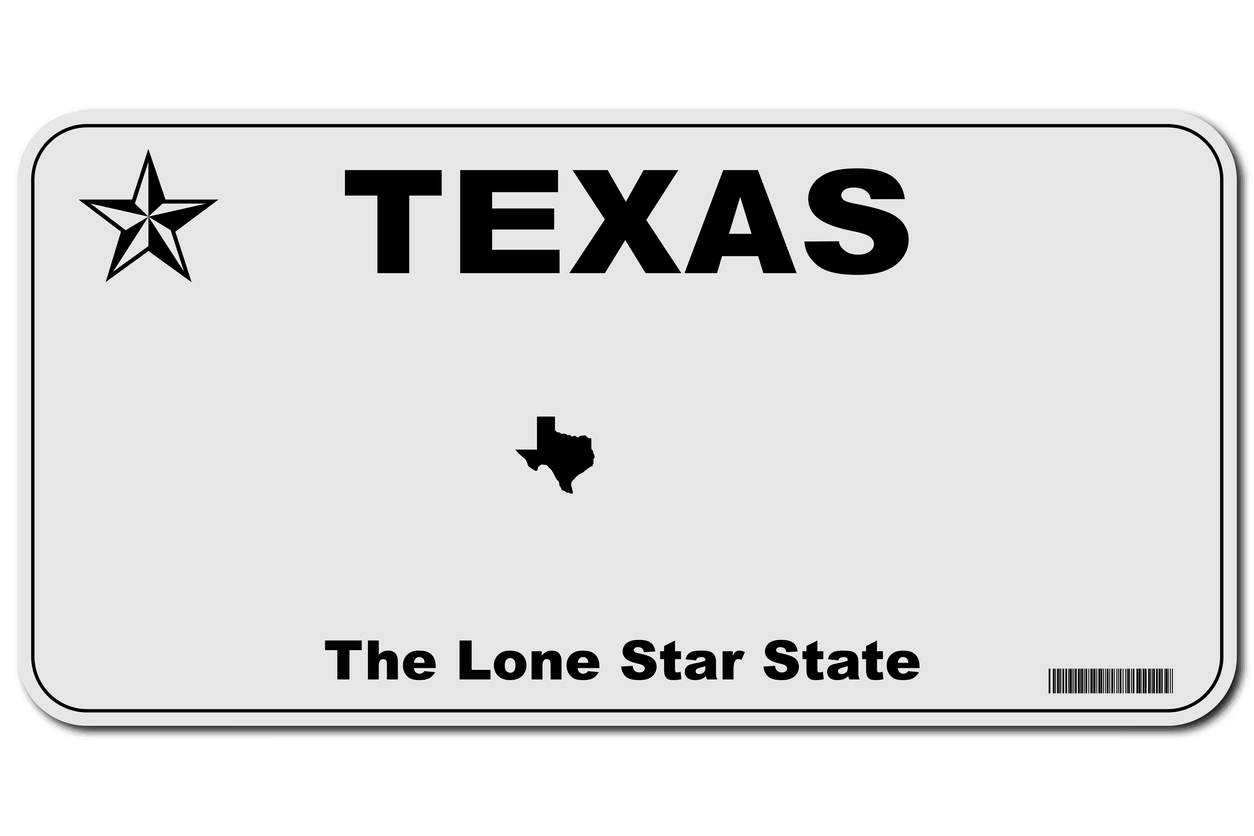A Brief Statement of the Relevant Facts:
The United States Court of Appeals for the Fifth Circuit in Agredano v. State Farm Lloyds, No. 19-50656 (September 16, 2020), has reaffirmed that Texas Insurance Code §542.060, the Texas Prompt Payment of Claims Act (“TPPCA”), is a strict liability statute. Here, Agredano sued State Farm Lloyds (“State Farm”) under their homeowner’s insurance policy for windstorm damages to their home. The district court granted a partial summary judgement to State Farm on all insured’s causes of action except for breach of contract. A jury found for the insured on the breach of contract claim.
Despite the fact that Agredano had not specifically pled for Chapter 542 (TPPCA) relief, the district court granted TPPCA relief under Federal Rule of Civil Procedure 54 (c). This rule provides that the final judgment should “grant the relief to which each party is entitled, even if the party has not demanded that relief in its pleadings.” Shortly thereafter the district court reversed its decision and denied TPPCA relief to Agredano based on the Fifth Circuit unpublished opinion of Chavez v. State Farm Lloyds, 746 F. App’x 337 (5th Cir. 2018), which holds that if bad faith insurance code claims have been properly dismissed by the district court, there can be no recovery under Section 542.060.
Two Issues Are Addressed by this Opinion
- What constitutes sufficient pleading of the TPPCA?; and
- Whether a violation of the bad faith provisions of the Texas Insurance Code is a necessary prerequisite to Section 542.060 TPPCA relief.
What Constitutes Sufficient Pleading of the TPPCA?
To answer this issue, two Texas Insurance Code provisions first must be quoted.
Section 542.058 provides a cause of action against insurers who delay paying claims:
[I]f an insurer, after receiving all items, statements, and forms reasonably requested and required under Section 542.055, delays payment of the claim for a period exceeding the period specified by other applicable statutes or, if other statutes doe not specify a period, for more than 60 days, the insurer shall pay damages and other items as provided by Section 542.060.
Section 542.060 provides damages for the amount of their claim plus 18% interest for delay in paying the claim as a violation of the above:
[T]he insurer is liable to pay the holder of the policy or the beneficiary making the claim under the policy, in addition to the amount of the claim, interest on the amount of the claim at the rate of 18 percent a year as damages, together with reasonable and necessary attorney’s fees.
Turning to the Fifth Circuit after trial, Plaintiffs argued that they had pleaded Section 542.060 relief with the language in their pleading of their entitlement to an “18th [p]entalty [i]nterest pursuant to Ch. 542 of the Texas Insurance Code” and “[a]ttorney’s fees.” The Fifth Circuit found Plaintiffs’ pleading sufficient for several reasons:
- The Twombly/Iqbal “plausibility” standard was met because that standard does not require magic words or detailed facts generally, and only prohibits speculative claims which a request for TPPCA penalty interest was not.
- State Farm was not surprised by the request and in fact Plaintiffs had stated its request in discovery responses and in its summary judgment motions, State Farm had referenced Plaintiff’s cause of action under Chapter 542 of the Texas Insurance Code.
On this issue the Fifth Circuit concluded that “the statutory interest claim was not improperly pleaded.”
Whether a violation of the bad faith provisions of the Texas Insurance Code is a necessary prerequisite to Section 542.060 TPPCA relief.
In answering this question, the Fifth Circuit found Chavez was no longer good law on this issue and reaffirmed the twin 2019 Texas Supreme Court opinions of Barbara Techs. Corp v. State Farm Lloyds, 589 S.W.3d 127 (Tex. 2019), and Ortiz v. State Farm Lloyds, 589 S.W.3d 127 (Tex. 2019). In those opinions, the Texas Supreme Court wrote: “Nothing in the TPPCA would excuse an insurer from liability for TPPCA damages if it was liable under the terms of the policy but delayed payment beyond the applicable statutory deadline[.]” Barbara Techs at 819; Ortiz at 135. The Fifth Circuit thus reaffirmed by these Texas Supreme Court opinions, that the TPPCA is treated as a strict liability statute and that it is not necessary for a plaintiff to prove that the insurer acted wrongfully or in bad faith to have TPPCA relief awarded. The court reaffirmed that the statute only requires a showing of liability under the policy and a failure of the insurer to comply with the timing requirements. See, e.g., Biasatti v. GuideOne Nat’l Ins. Co., 601 S.W.3d 792, 794-95 (Tex. 2020) (analyzing plaintiff’s TPPCA claim separately from its bad faith claim). The Fifth Circuit concluded:
The district court erred in holding that Chavez barred Plaintiffs’ claims for the 18% penalty and attorney’s fees under Chapter 542. (footnote omitted). Accordingly, we REVERSE that decision and REMAND for findings and entry of a new judgment consistent with this opinion. (Emphasis in the original.)
This opinion is significant for its reaffirmance of the Texas Supreme Court opinions of Barbara Tech and Ortiz and the finding that TPPCA is a strict liability statute under Texas law.




